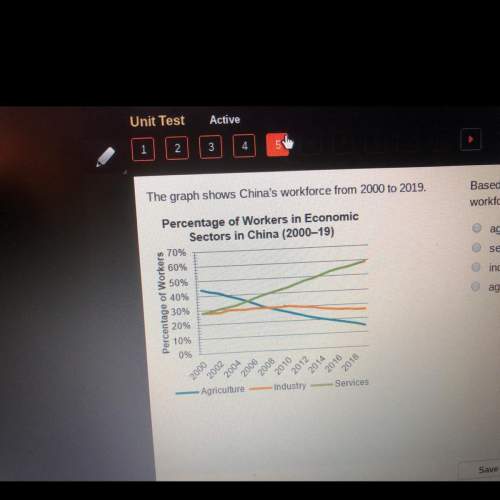
The alternative to a government of enumerated powers is, of course, a government of unenumerated powers. The Constitution might have said "Congress shall have all powers not specifically prohibited elsewhere in this Constitution." What are the advantages and disadvantages of each system?
2. It would be silly to say, for example, the "power to establish post offices" did not include the power to print postage stamps or pay mail carriers. But does it also include the power to advertise the joys of stamp collecting on television? How broadly or narrowly should the enumerated powers be read? Should the "Necessary and Proper Clause" be interpreted as authorizing actions rationally related to one of the listed powers, or only actions "necessary" to carrying out a listed power?
3. Thomas Jefferson had serious doubts as to whether the Constitution gave him the power to acquire land from France through the Louisiana Purchase, but he went ahead with the deal anyway. Was the Louisiana Purchase constitutional? What might be the constitutional source for the power to acquire lands?
4. In McCulloch vs Maryland, Chief Justice Marshall notes that the Constitution is not a statute, and suggests that it should be read more liberally and flexibly than a statute so that it might serve the ages. Do you find Marshall's argument about constitutional interpretation persuasive?
5. Thomas Jefferson was none too pleased with the decision in McCulloch. Jefferson said, "The judiciary of the United States is a subtle core of sappers and miners constantly working underground to undermine the foundations of our confederated fabric." What do you think about Jefferson's characterization?
6. In Gettysburg, the Court says that to justify an exercise of congressional power, "any number of powers may be grouped together, and an inference from them all may be drawn that the power claimed has been conferred." This is the so-called "implied powers doctrine." Is the Court now moving in the direction of abandoning this doctrine and insisting upon more specific textual support to sustain exercises of federal power?
7. What exactly was the enumerated power, if any, that the civil commitment program upheld in Comstock executes? Do you think the program is too far removed from any of the enumerated powers to be unconstitutional?
8. What implications does Comstock have for the debate about the constitutionality of the 2010 healthcare reform legislation? Does the decision suggest that mentally unstable and uncurable jihadists being held at Guantanamo or elsewhere could, constitutionally, be kept in detention forever?

Answers: 3
Other questions on the subject: History

History, 21.06.2019 17:40, jonjosef2012
Which statement describes employment in the late 1800s
Answers: 1

History, 22.06.2019 10:00, queenjade2614
The map shows england and france in 1430. which statement most accurately summarizes the information provided by the map? england was sure to defeat the french in battle. england occupied land on the european continent. france was about to invade the british isles. france was more powerful than england.
Answers: 1

History, 22.06.2019 11:00, quintencoffman2
How did the church gain secular power? a) monks forced massive numbers of people to convert through fear of punishment. b) the church issued interdicts, laws passed by the church regardless of secular law. c) the church's power to deny the sacraments gave the church power over christians. d) canon law established secular courts under the control of the church.
Answers: 1

History, 22.06.2019 12:30, victoria6929
Why do you think african americans became so involved in the war effort?
Answers: 1
Do you know the correct answer?
The alternative to a government of enumerated powers is, of course, a government of unenumerated pow...
Questions in other subjects:

World Languages, 04.09.2020 22:01





Mathematics, 04.09.2020 22:01




Biology, 04.09.2020 22:01







